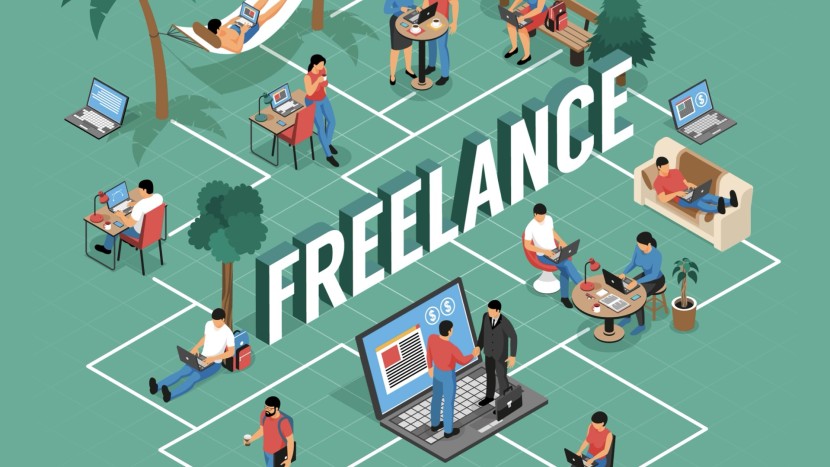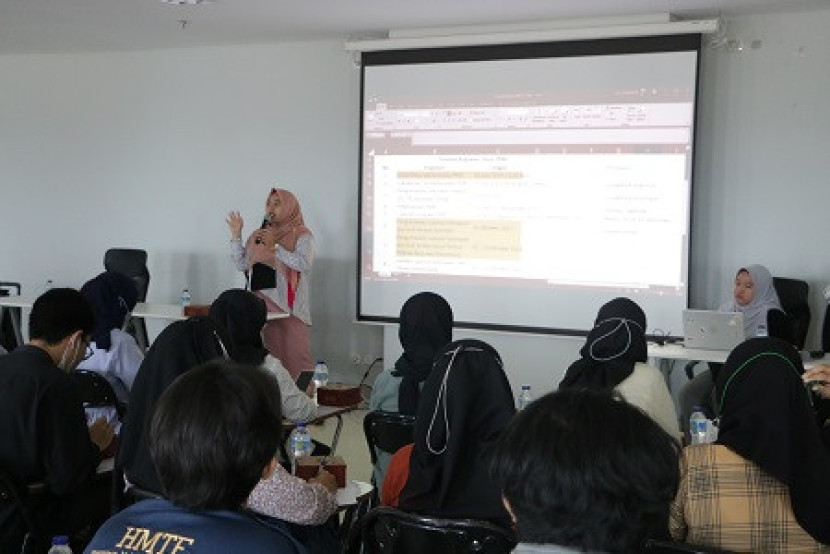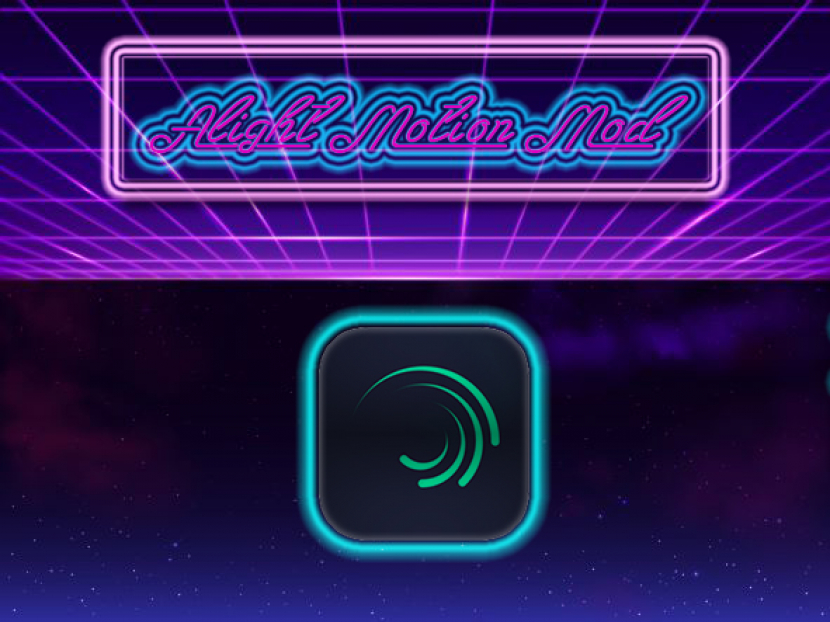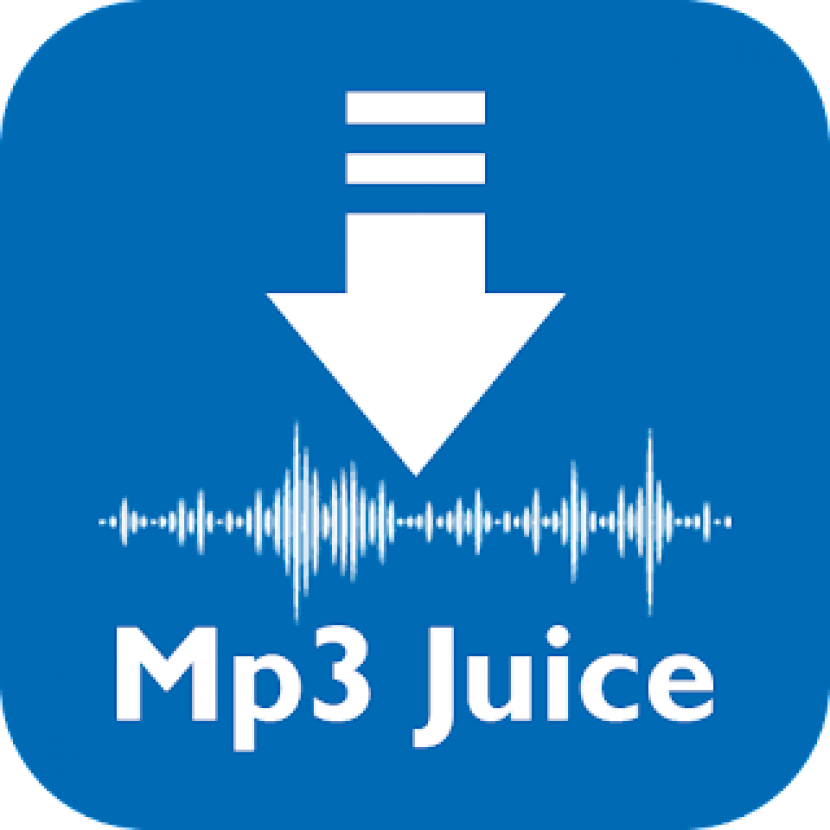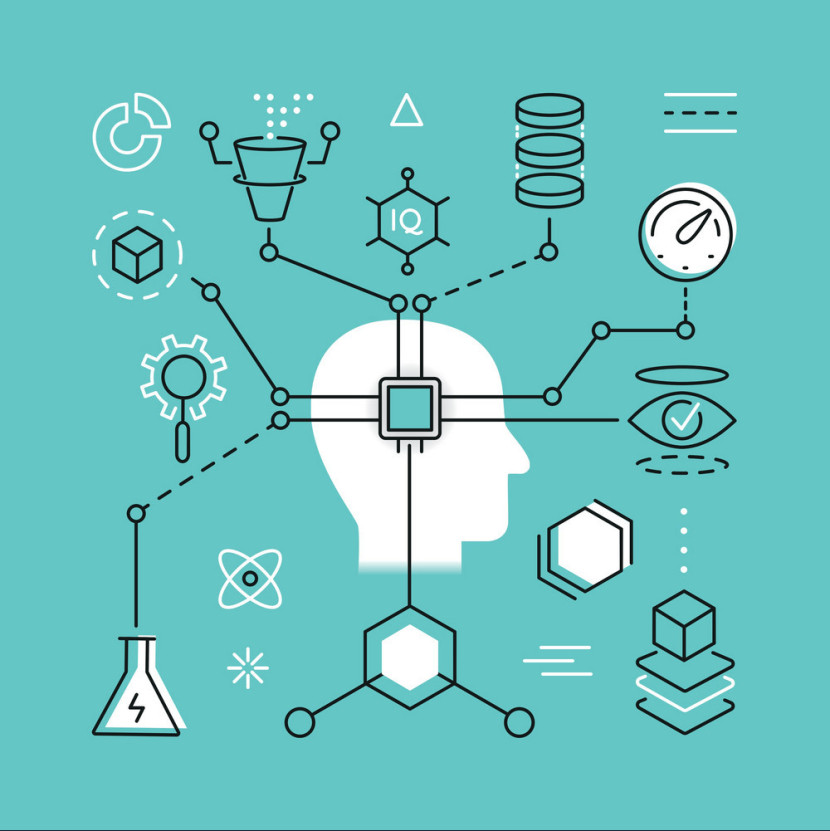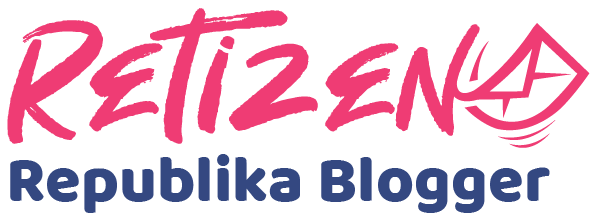 Ghalib Amri Musyafa
Ghalib Amri Musyafa
Digital Revolution: How Technology is Changing the Way We Learn
Pendidikan dan Literasi | 2024-10-17 18:45:32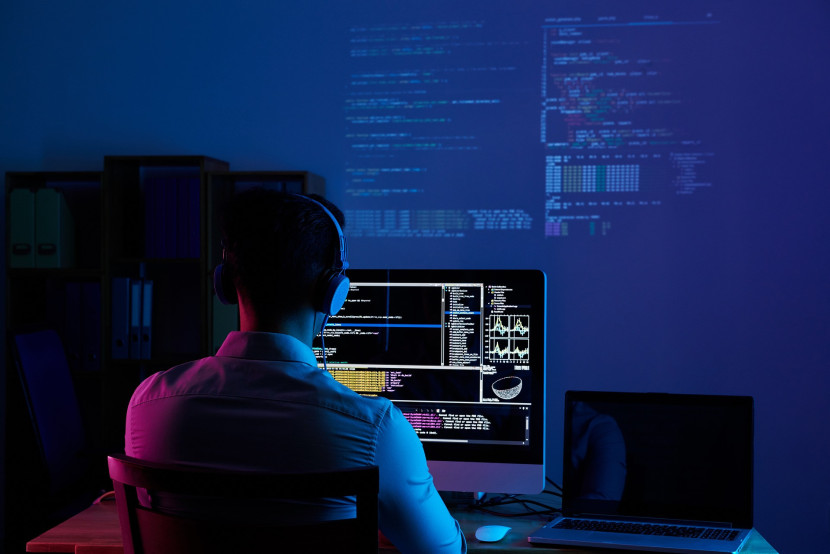
In the rapidly evolving digital era, technology has changed almost every aspect of life, including education. The use of technology in learning is now a global trend, especially since the COVID-19 pandemic accelerated the adoption of online learning systems around the world. Innovations such as e-learning, artificial intelligence (AI), and mobile-based educational applications are making it easier for students and teachers to connect and learn anywhere and anytime.
According to data from the Ministry of Education and Culture, the number of students utilizing online learning platforms has increased by 70% over the past few years. This shows that technology is no longer an additional support tool, but a basic necessity in the teaching-learning process.
Transformation of Classroom Learning
Technology has brought about a major transformation in the traditional classroom environment. Many schools now utilize smartboards, interactive projectors and other digital devices to facilitate more dynamic learning. For example, the use of tablet devices and laptops integrated with learning apps has increased interaction between students and teachers, as well as enriching teaching materials through videos, animations and simulations.
“The use of technology in the classroom allows students to learn in a more visual and interactive way. This makes it easier for them to understand abstract concepts,” said Dr. Indra Wijaya, an education expert from the University of Indonesia.
The Role of E-learning in Distance Education
Apart from the classroom, online learning or e-learning is also the main choice for many educational institutions, especially for distance education. Platforms such as Google Classroom, Zoom, and Microsoft Teams become a means for teachers to provide material virtually. This system also allows students to follow lessons flexibly according to their own learning pace.
A high school student, Rani (16 years old), revealed, “I can repeat difficult lessons thanks to video recordings from the teacher. It helps me learn more effectively than conventional learning methods.”
Artificial Intelligence (AI) in Education
Artificial intelligence (AI) technology is also starting to be implemented in education, especially to develop personalized learning. AI algorithms can analyze students' individual learning needs and provide material recommendations that suit their abilities and learning styles.
One example of AI implementation is an educational chatbot that can help students answer questions outside of school hours. In addition, AI-based learning platforms are able to provide immediate feedback to students on the results of assignments or tests they have done.
Challenges and the Future of Educational Technology
However, the adoption of technology in education is not without its challenges. Limited access to digital devices and the internet in some areas, especially in remote areas, is one of the main obstacles. According to a UNESCO report, around 30% of students in developing countries still face difficulties in accessing online learning due to infrastructure constraints.
The Indonesian government has been trying to address this issue by expanding internet networks in remote areas through the “School Digitalization” program. In addition, efforts to train teachers to use technology effectively are also a major focus to improve the quality of education in the digital era.
Although challenges remain, experts believe that technology will continue to be an important element in future education. “Technology is not just a tool, it will be the foundation of the global education system. In the future, learning will be more collaborative, personalized, and supported by sophisticated data,” said Dr. Indra Wijaya.
With the rapid development of technology, students and teachers are expected to be better prepared to face global challenges through more flexible, inclusive, and technology-based education.
Disclaimer
Retizen adalah Blog Republika Netizen untuk menyampaikan gagasan, informasi, dan pemikiran terkait berbagai hal. Semua pengisi Blog Retizen atau Retizener bertanggung jawab penuh atas isi, foto, gambar, video, dan grafik yang dibuat dan dipublished di Blog Retizen. Retizener dalam menulis konten harus memenuhi kaidah dan hukum yang berlaku (UU Pers, UU ITE, dan KUHP). Konten yang ditulis juga harus memenuhi prinsip Jurnalistik meliputi faktual, valid, verifikasi, cek dan ricek serta kredibel.


